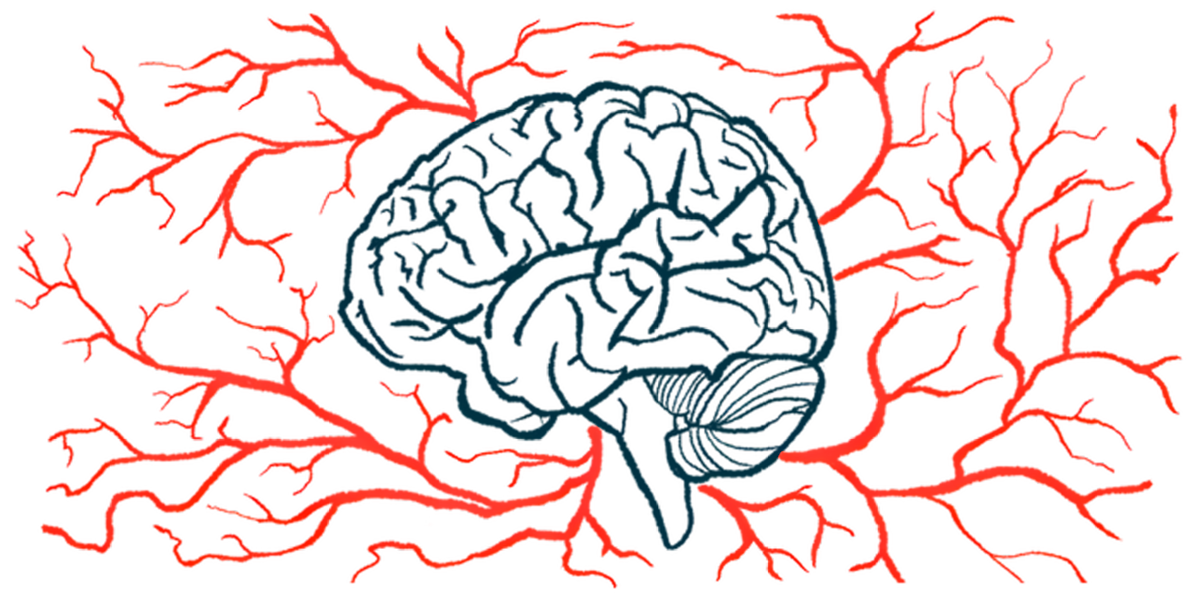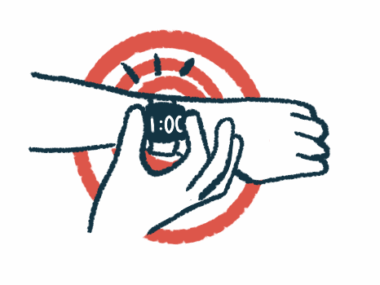Ambio ibogaine program treats Parkinson’s, other diseases
Program has treated 30 people so far, including Brett Favre
Written by |

A new clinical program will use ibogaine, a naturally occurring psychedelic, to treat neurodegenerative conditions including Parkinson’s disease.
Ambio Life Sciences, which hosts other ibogaine programming and participates in scientific research about the drug, soft-launched the program in February. It is the first of its kind in the world, according to the company. People with Parkinson’s, multiple sclerosis (MS), and traumatic brain injury (TBI) may be eligible.
“For too long, people living with conditions like Parkinson’s and MS have had few options beyond symptom management,” Ambio CEO Jonathan Dickinson said in a company press release. “We’re creating a safe, structured environment for people with these conditions to explore ibogaine, and we could be on the cusp of uncovering how ibogaine may support brain healing in ways we don’t fully understand today.”
The program, which has supported 30 patients to date, includes a four-day supervised treatment period in which receive initial doses. After this, Ambio provides six months of microdoses to continue treatment at home. Initial treatment and the six-month supply of microdoses costs $6,050, according to the company’s website.
Ibogaine is not legal in the U.S., but Ambio works in jurisdictions where ibogaine can be legally administered in a therapeutic setting, per the company’s website. Currently, the drug’s primary medicinal use is as an experimental addiction treatment.
Patients get initial dose at clinic, microdose at home
Parkinson’s is caused by the death of neurons (nerve cells) that release the chemical messenger molecule dopamine. This can lead to motor symptoms, including difficulty with movement, and nonmotor symptoms such as emotional changes, fatigue, and pain.
Some experimental Parkinson’s treatments target glial cell line-derived neurotrophic factor (GDNF), a signaling molecule that helps dopamine producing cells survive. While some have shown promising initial results, these are typically invasive, requiring surgical injection.
Ibogaine may be able to promote GDNF in a non-invasive way, according to Ambio. In rats, ibogaine increased GDNF and other important molecules in the brain regions containing neurons that produce dopamine. Like other psychedelics, it may also support neuroplasticity, the brain’s ability to reorganize its structure, function, and connections in response to experience, learning, or injury.
Different people may respond differently to ibogaine, Ambio says, and effects may include dream-like states. Patients begin treatment in the clinic with therapeutic doses, which may induce visions and physical sensations that can last for 16 hours or more.
Side effects can include loss of coordination, tremors, nausea, and vomiting. In severe cases, ibogaine may cause fatal heart problems. Ambio’s care team monitors heart function during treatment.
After therapeutic dosing at Ambio facilities, patients take ibogaine in very small doses, which may have less intense effects.
Some program participants have found the treatment helpful for both motor and nonmotor symptoms, according to Lyndsey Ryan, chief therapy officer of Ambio.
“The relief some patients are reporting so far is motivating, including improvements in eyesight, mobility, and neuropathic pain,” Ryan said.
Former professional quarterback Brett Favre is among those who have seen positive effects. He received a Parkinson’s diagnosis in early 2024. Specialists say his symptoms, including reduced mobility in his dominant arm, may be related to repetitive brain trauma in his 20-year career.
“Since coming to Ambio, I’ve felt a real shift, especially in my sleep and energy,” Favre said. “For athletes facing long-term effects from their careers, ibogaine is something worth looking into.”
A recent observational clinical trial (NCT04313712) at Stanford University, a collaboration with Ambio, found ibogaine in combination with magnesium decreased disability in 30 veterans with TBI. Including magnesium in the therapy may mitigate concerns about heart problems during treatment, as magnesium is important for proper heart function.
For at least a month after a single dose, participants also experienced improvements in depression, anxiety, and post-traumatic stress disorder. There were no unexpected or serious side effects.
Ambio plans to continue researching ibogaine’s effects by collecting data from consenting participants in the neurodegenerative disease program. “We hope ibogaine is engaging pathways of neurorepair, but we need more data to understand exactly what’s happening,” Ryan said.
“Every participant is helping us learn what’s possible,” said Ryan. “Their courage is accelerating insights that would take years to gather through traditional clinical trials.”



